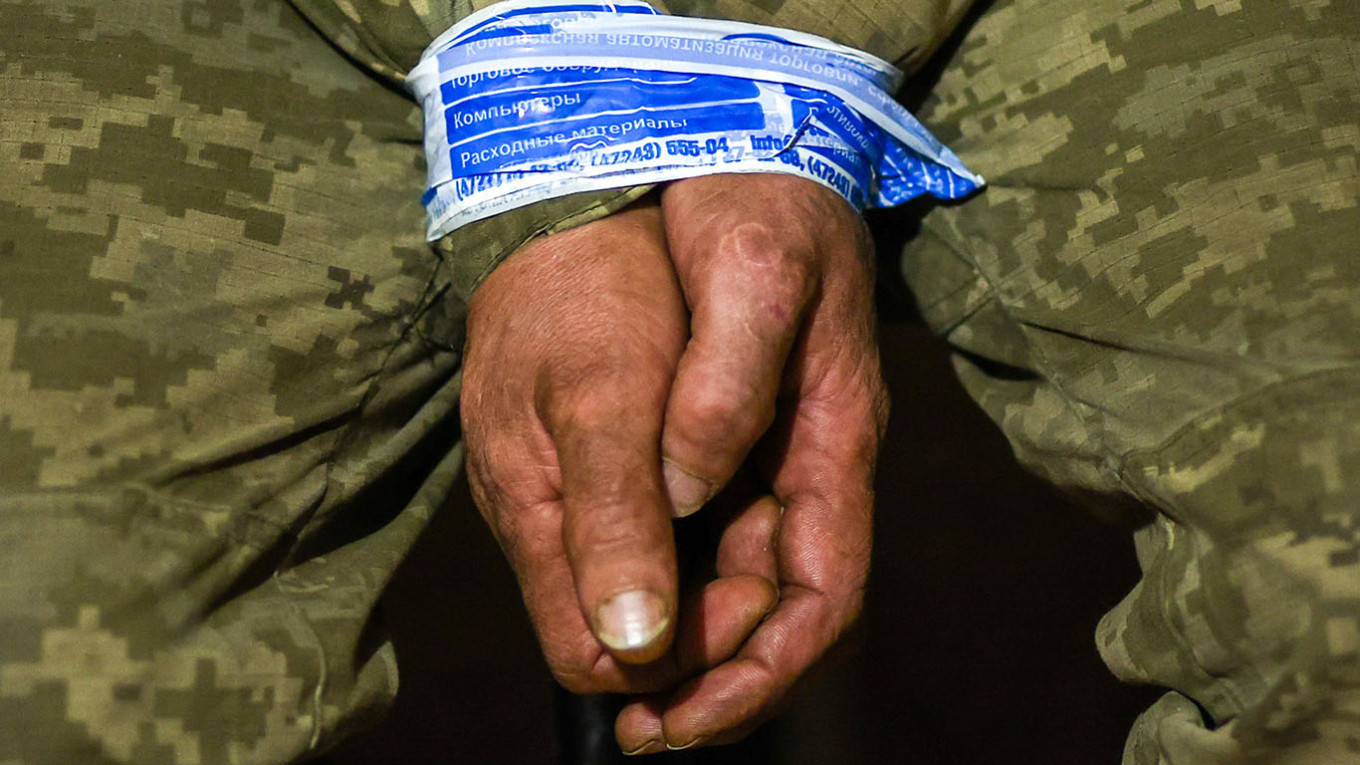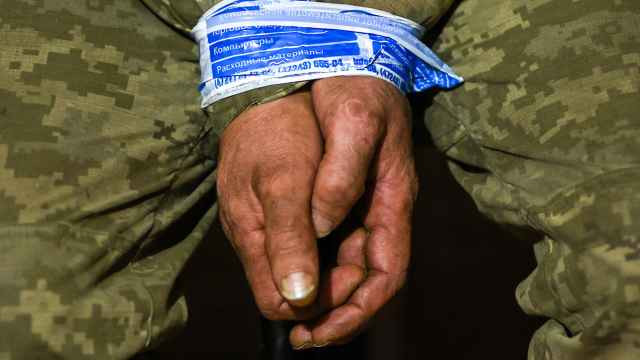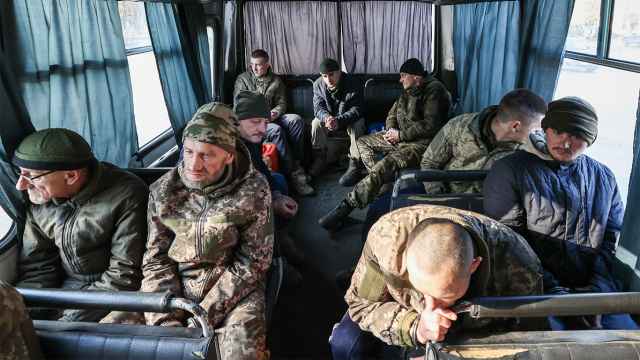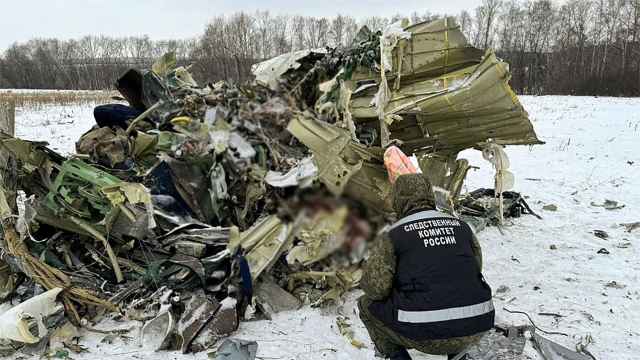In recent years, Ukraine called on international organizations to put pressure on the Russian side to revive the exchange of prisoners of war and civilians and to allow access to all prisoners of war – information about whom Russia deliberately conceals. Accordingly, The International Committee of the Red Cross has shown it is in no hurry to fulfill its functions and tries not to see problems in the war in Ukraine.
For example, during the 34th International Conference in Geneva at the end of October, the organization made no mention of the fact that the Russian side does not allow access to all places where Ukrainian prisoners are held. In other words, Russia is preventing the organization from fulfilling its mission to monitor the treatment of prisoners.
In total, about 3,767 Ukrainian prisoners of war and deported civilians have been returned home as a result of over fifty exchanges between Moscow and Kyiv. However, according to the latest data, 14,000 Ukrainian citizens are still in captivity in Russia, and the condition of most of them is unknown.
At least 177 Ukrainians have been killed in Russian captivity since the full-scale invasion. A case in point is the cynical mass execution of Ukrainian prisoners of war who defended Mariupol and the Azovstal plant in the Olenivska colony on July 25, 2022. At least 53 Ukrainian defenders were killed in the Russian terrorist attack and 130 others were injured. The most recent high-profile case is the death of Ukrainian journalist Viktoria Roshchyna in Russian captivity (25 Ukrainian journalists are still in captivity). The Russians did not even bother to return her body when they repatriated the bodies of 563 Ukrainian soldiers on Nov. 8.
Due to the lack of international oversight, the actual number of deaths is likely to be much higher, as not all bodies are returned. In addition, until recently, Moscow did not provide confirmation of the captivity of most of the hostages. Only on 8 November 2024 did information emerge about the exchange of lists of prisoners visited by both sides. However, there are substantial grounds to believe that the lists on the Russian side are incomplete.
According to the UN Monitoring Mission, the torture of Ukrainian military personnel in captivity is systematic. The report says that beatings, electric shocks, suffocation, sleep deprivation, mock executions, sexual violence, threats of severe violence against a person or their family, and humiliation are all established tactics. According to the Ukrainian authorities and the UN, 95% of prisoners in Russia have been subjected to abuse.
The vast majority of prisoners who have been released testified that they never saw representatives of the Red Cross committee during their detention. Indeed, more than 150 places in Russia where Ukrainians are detained still remain off-limits to the International Committee of the Red Cross. At the same time, the International Committee of the Red Cross successfully fulfills its mandate of monitoring the treatment of Russian detainees on Ukrainian soil.
The Committee itself acknowledges that it is unable to communicate directly with Ukrainians due to the lack of access from the Russian side. At the same time, the Red Cross staff do not state this in the international arena and make virtually no effort to put pressure on the Kremlin to obtain such access. It seems that this inaction of the International Committee of the Red Cross works to the benefit of both the organization’s leadership and Moscow.
It is also telling that at the 34th International Conference of the Red Cross and Red Crescent, held in October 2024, the largest conflict in Europe since the Second World War was not even discussed. Instead, the organization adopted five resolutions on the observance of humanitarian law and even discussed the issue of changing their logo.
Families of Ukrainian POWs came to the conference in Geneva hoping for a broad and open discussion of the problems associated with the war in Ukraine, including the ICRC's lack of access to places where Ukrainians are held. However, the participants of the Conference ignored all these topics, and the families of Ukrainian prisoners of war were not heard.
In April 2024, the International Red Cross Movement decided against suspending the Russian Red Cross's membership despite violations of the rules of neutrality identified by several international organizations. In particular, the Kremlin Leaks project investigated and reported on possible abuse of Ukrainian prisoners committed by Russian Red Cross staff.
After each Russian war crime and violation of all conventions, there is a vague hope for a sane reaction from the ICRC. However, the inaction of the committee, which has received the Nobel Peace Prize three times for its work to improve the situation of prisoners of war, and most importantly, its indifference, is not much different from the targeted executions of Ukrainian combatants and civilians by Russians.
The international community should recognize the limited effectiveness of organizations such as the Red Cross Committee in situations where authoritarian and totalitarian countries are parties to a war. To improve the effectiveness of such humanitarian and human rights organizations, changes are needed, including identifying ways in which they could be influenced by either side, comprehensive coverage of the situation and monitoring of the implementation of international conventions on international platforms.
A Message from The Moscow Times:
Dear readers,
We are facing unprecedented challenges. Russia's Prosecutor General's Office has designated The Moscow Times as an "undesirable" organization, criminalizing our work and putting our staff at risk of prosecution. This follows our earlier unjust labeling as a "foreign agent."
These actions are direct attempts to silence independent journalism in Russia. The authorities claim our work "discredits the decisions of the Russian leadership." We see things differently: we strive to provide accurate, unbiased reporting on Russia.
We, the journalists of The Moscow Times, refuse to be silenced. But to continue our work, we need your help.
Your support, no matter how small, makes a world of difference. If you can, please support us monthly starting from just $2. It's quick to set up, and every contribution makes a significant impact.
By supporting The Moscow Times, you're defending open, independent journalism in the face of repression. Thank you for standing with us.
Remind me later.






